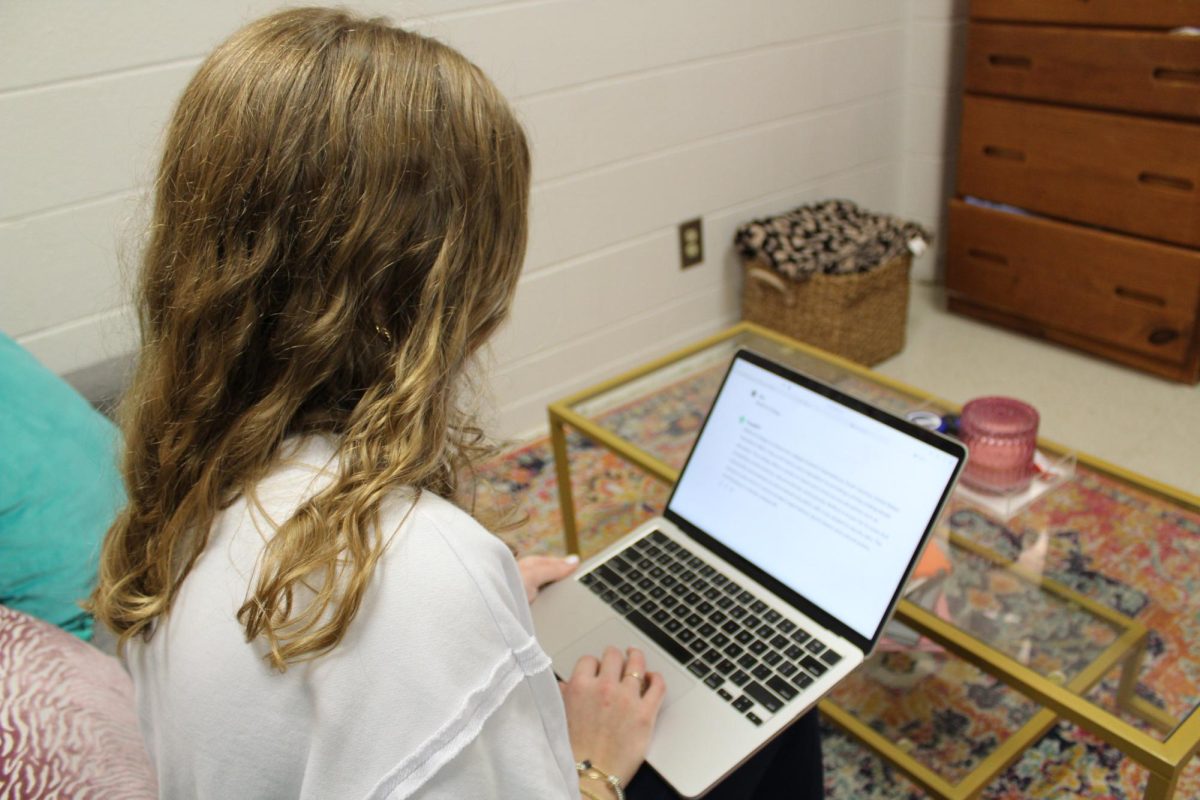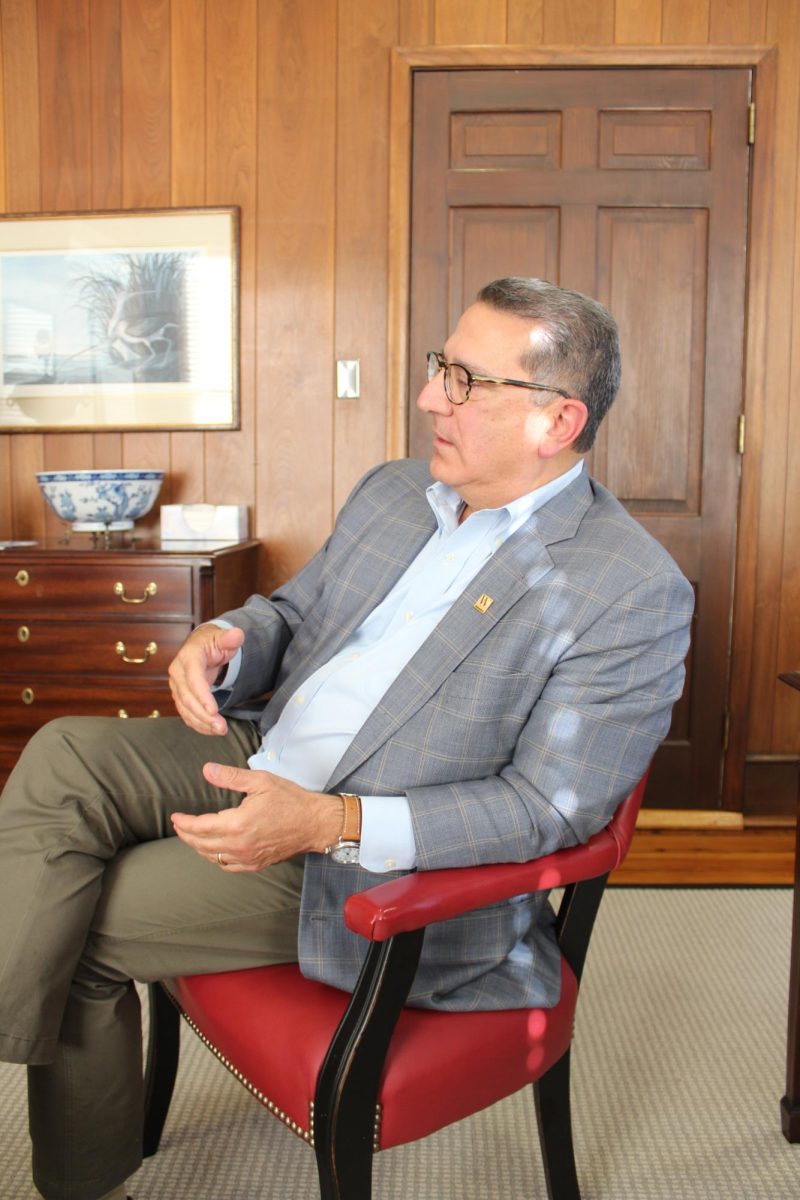The rise of AI has sparked a new conversation of credibility in academics.
With the increasing usage of AI in our everyday lives, faculty and staff have chosen to address this new technology in the honor code, particularly out of concern for its usefulness.
While it is still going through the process of approval, it is sure to say that adjustments will be made in regards to how AI will be used and handled as it relates to academic integrity.
Students will have a say in this issue after it is approved, which will allow for student representation in matters that pertain to their academic career.
Though it is currently vaguely discussed in the honor code, the wording will hopefully provide further clarity.
“I believe(s) one of the major things that’s being edited is the language that talks about not using a person’s ideas and representing them as their own – we’re considering changing that to include person or source,” said Allison Douglass, assistant professor of English.
In the meantime, the usage of AI is primarily addressed by instructors.
“Each professor is recommended to have specific language in their syllabus that details how AI can and cannot be used in their classes, and professors are encouraged to have those conversations with students because there might be times when it’s acceptable and times when it’s not,” said Kimberly Hall, associate professor of English.
While there are certain technologies with AI detection, it is not foolproof.
“The software that’s out there now that would scan and check the use of AI is not very reliable and it can sometimes give false positives,” said Hall.
This prompted the implementation of new rules about the policy in the honor code. However, it is important to note that the limitations does not equate to AI being removed from teh classroom
“For some classes and for some people AI is going to become really important to their field, to their jobs, to their future and the way that they do work,” said Douglass.
Since AI will likely become the new future, faculty members are aware that it will become useful at some point in a student’s life. However, the main concern stems from it taking away individual creativity.
Sources like ChatGPT, and even Grammarly, are concerns for faculty as they worry that AI takes away from the creativity of students. Even still, professors like Hall are trying to find a balance.
“We’re trying to thread the needle between academic integrity and students using AI within the bounds of the honor code, but also giving them skills to use it to be competitive in the job market,” said Hall “We want a relationship with students where it’s all about transparency and honesty rather than using other tools to catch them.”
The faculty voted on March 5 to approve the changes to the honor code and will proceed from that vote.
“The proposed changes will now be brought to the students for a vote but what that exact process will look like isn’t yet settled,” Hall said. “(Associate Professor of Accounting Jenny Bem) will be working with (Dean of Students) Beth Wallace to determine a structure for that process.”


























